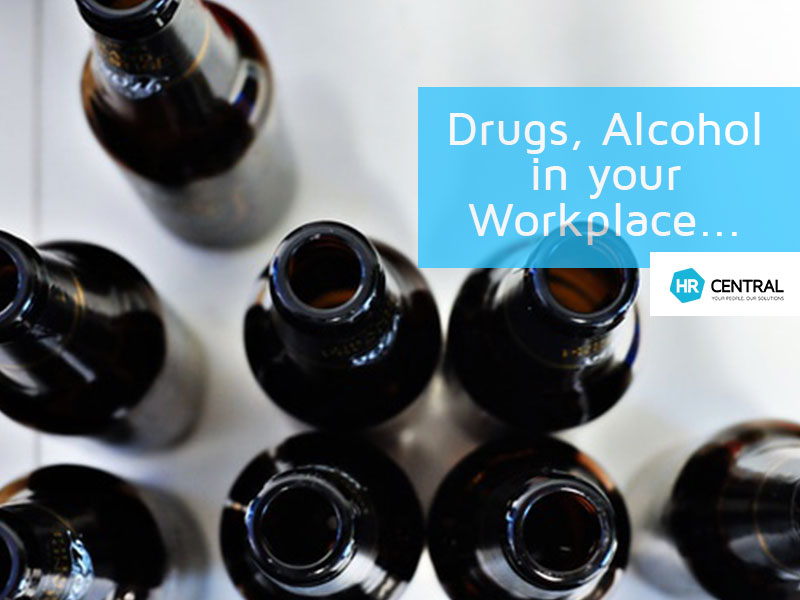Drug & Alcohol Policies in your workplace can prevent serious injury, disciplinary action and financial costs…
The absence of policies in an organisation is like driving in the dark without headlights. Without any sense of direction, you are exposing yourself to high risk situations.
A policy is more than just words on a page that management have conjured up. A policy is a plan and guide for employees and employers to follow throughout their employment. Following this, if a company policy isn’t followed, this may result in disciplinary action or termination. So what can a policy be used for? Anything from Workplace expectations, Office open & closing, Working from home to the more detailed side of company policies like Equal employment opportunity and OHS. We are going to go through one policy in particular, Drug and Alcohol.
Drug & Alcohol policies can be so varied and can be more strict or relaxed depending on your industry and your OHS obligations. Worksafe Victoria have recorded that the highest rate of drinking in the workplace is among administrative and executive staff. In addition, other heavy drinking occupations include mine workers, salespersons, clerical staff, professionals, transport workers, tradespeople and labourers. Establishing a thorough Drug & Alcohol policy is important for your company, but more importantly the safety of your employees. In Victoria, each employer and employee has a Workplace Duty of Care under the Occupational Health and Safety Act 2004.
The Workplace Duty of Care under the Occupational Health and Safety Act 2004(OHS Act 2004), this act requires:
- Employers to provide and maintain a working environment that is safe and without risks to health (Section 21). Without in any way limiting the generality of this duty, employers have duties with respect to plant, substances and systems of work; providing facilities for and information, instruction training and supervision to their employees; monitoring their health and safety and so on (Sections 21(2) and 22)
- Employers and self-employed persons to ensure that persons other than employees (which would include the public) are not exposed to risks to their health or safety arising from the undertaking of the employer or self-employed person (Sections 23 and 24)
- Employees to take reasonable care for their own health and safety and that of others (for example, ensuring they are not, by use of alcohol, affected in a way that may put themselves or others at risk); and to co-operate with employers in their efforts to comply with OHS requirements (Section 25).
- Other States & Territories also have a duty of care under the Work Health and Safety Act 2011. Please refer to your State or Territory specific OHS/WHS Act for your duty of care obligations.
An employer who does not take all reasonable actions, including having a Drug & Alcohol policy and enforcing it, to prevent employees consuming or be under the influence of Drugs & Alcohol may be liable for the actions of those employees which is generally both costly and stressful for the employer, the employee and the company as a whole.
Implementing a Drug & Alcohol policy that is suitable for your company and industry is the first action to mitigate any risk of being liable for such employees!
There are many resources available to help companies develop a policy for themselves, otherwise there are HR professionals who can assist in the development and implementation of a Drug & Alcohol Policy that is customised to your company and industry.
If you do decide to create your own policy, it is best to consult the OHS/WHS ACT relevant to your State or Territory. You will also need to think about the procedures you want to take in testing for Drugs & Alcohol, what actions you will take in the event of non-compliance with the policy and how you are going to implement and train your employees to the policy.
Once you have a policy in place, you will need to continue to maintain and update this policy. As your company experiences change or the government legislation is updated, your policy may need to reflect these changes. Appointing someone within your company, generally the HR department. If you do not have a HR department, Payroll, management or the company owner is your next option.
Take away message: Drug & Alcohol policies are important for many reasons.
There are obligations for both the employee and the employer and non-compliance with your obligations can result in disciplinary actions, termination, and even being financially liable. These results are not ideal for anyone and will generally incur stress related feelings and actions not only to the employer or employee but the rest of the company which will impact morale. If you need a Drug & Alcohol policy or you need to update your current policy, contact a HR professional and stop driving in the dark without your headlights!
References: http://www.worksafe.vic.gov.au/safety-and-prevention/health-and-safety-topics/alcohol

